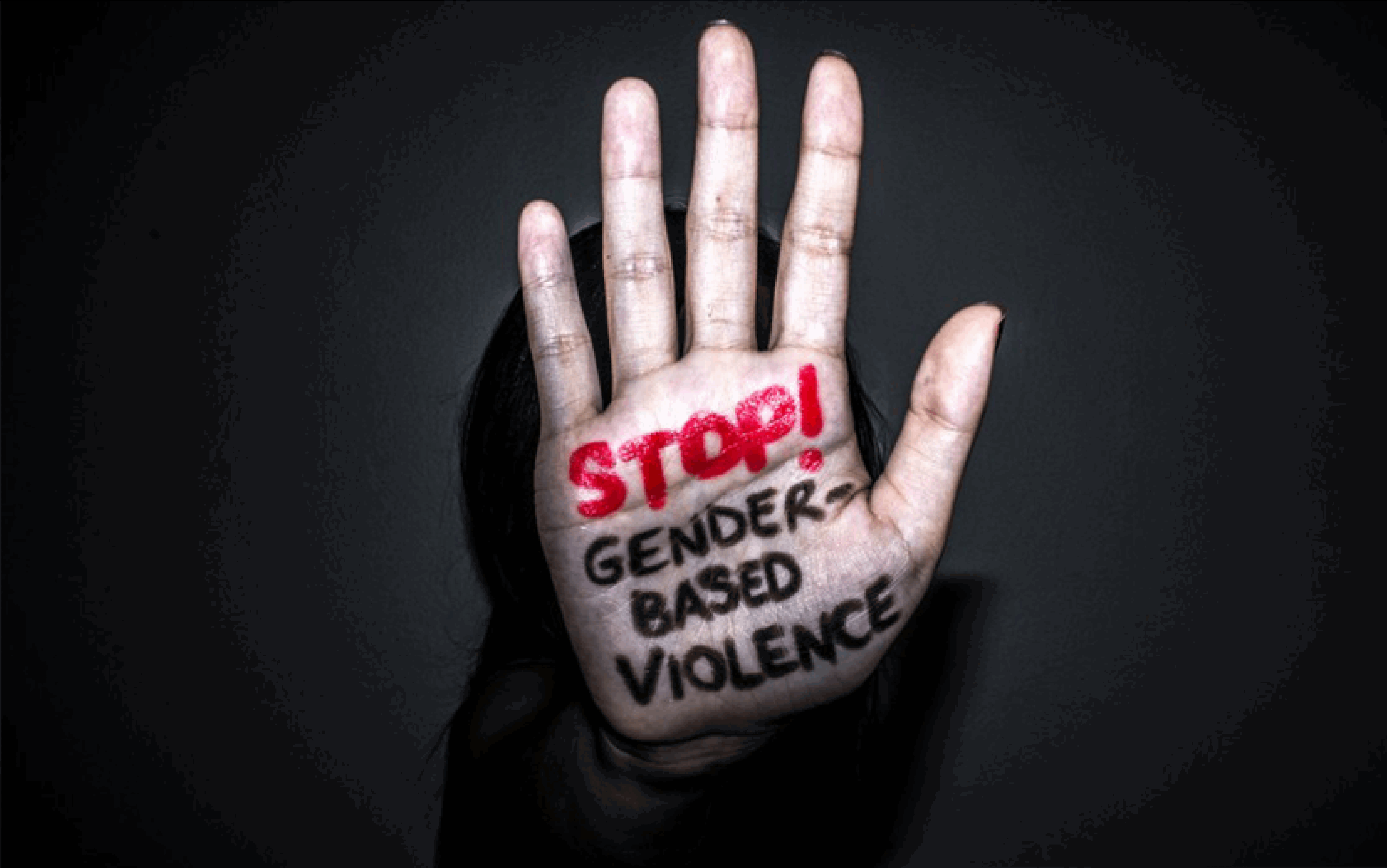
Oscar J Jeke- Zim Now Writer
A fervent debate is gripping Zimbabwe's Parliament and society, fueled by a report from the Portfolio Committee on Women’s Affairs, Community, Small and Medium Enterprises Development on the escalating issue of gender-based violence.
The discussions reveal a nation grappling with the intersection of evolving gender dynamics, deeply rooted traditional values, and the shifting perceptions of equal rights in modern relationships.
Torerayi Moyo, presenting the Committee’s findings, underscored the alarming rise in GBV cases across all provinces, necessitating urgent and well-resourced interventions.
Yet, the ensuing parliamentary contributions quickly delved into personal convictions and contested beliefs surrounding family roles, masculinity, and mutual respect.
Several male legislators voiced discomfort with contemporary gender narratives, expressing dismay over what they described as an "increasingly dismissive and disrespectful manner in which some women interact with men." Many articulated feeling denied "peace, rest, and a supportive environment in their homes and social spaces."
Tatenda Mavetera, the Committee Chair, cautioned against neglecting the plight of men and boys in the focus on protecting women. "There is a gap in the empowerment of the boy child. If we are not careful, we are going to raise a generation that is wounded and angry," she warned.
Mavetera also highlighted the worrying rise in teenage pregnancies and transactional relationships among young women driven by a "hunger for material things," exposing them to abuse.
Perseverance Moyo shared a poignant account of encountering very young GBV victims, including pregnant children, during the Committee's site visits. She emphasized that economic dependence and lack of alternative shelter often prevent women from reporting abuse.
Moyo also flagged the disturbing trend of young boys being coerced into falsely claiming paternity for pregnancies caused by older authority figures, urging legal reforms and youth empowerment to address this.
Dought Ndiweni Zhou brought the issue closer to home, revealing that even within Parliament, abuse goes unreported, with some "Hon. Members themselves [being] perpetrators." Zhou advocated for more safe shelters in rural Zimbabwe and urged male MPs to actively champion the fight against abuse.
Related Stories
However, the discourse took a controversial turn with Nobert Mazungunye, who challenged what he termed the "weaponization" of gender rights. He claimed women are "abusing men through legislation and other forms," leading to men feeling "no longer comfortable in their homes." Mazungunye called for a balanced discourse and constitutional protections for men.
Chief Whip Pupurai Togarepi, while advocating for harmony, stressed the importance of women upholding traditional virtues, emphasizing self-respect and dignity. He also linked economic inequality to abuse from both genders, noting that men unable to provide may become abusive through neglect, while women who earn more should not "belittle their husbands."
Young voices across genders further illuminate the complexity. Rutendo Mazhindu, a young female journalist, identified poverty as a primary driver of GBV, but situated it within Zimbabwe's patriarchal cultural context, where men traditionally head families and women play supporting roles, a structure she sees reflected in biblical teachings. For her, true equal rights within marriage remain an "unattainable ideal."
This sentiment resonates with a group of young women who dismiss the notion of a 50-50 split in marital roles as "a fuss," preferring traditional arrangements where husbands provide and wives manage the household.
They attribute domestic violence to a lack of mutual respect and understanding of gender roles, arguing that men desire respect, and some women are "too vocal."
Young men echoed this, suggesting GBV often stems from women's failure to adhere to traditional expectations of submissiveness. One participant noted that many selectively embrace tradition and religion, undermining family stability.
Life and Leadership Master Coach Wesley Chideme offered a broader societal perspective, contending that the idea of equal rights or a 50-50 approach disrupts the natural social order. He warned that "when a man loses respect, the world becomes chaotic," and that elevating women to equality with men distorts society, leading to moral decline, increased divorce rates, and social vices.
Chideme, defining men as practical and women as emotional, advocated for adherence to traditional gender roles established "since the creation of mankind." He identified poor communication, financial stress, denial of intimacy, and lack of trust as key contributors to domestic conflicts.
The Committee's report's revelations underscore deep cultural and generational divides. While the fight against GBV is widely supported, there's growing apprehension about how modern gender frameworks interact with long-standing African values.
Some lawmakers propose community-based accountability, spiritual healing, and the involvement of traditional leaders in conflict resolution. However, activists remain wary, with one stakeholder cautioning, "Culture must not be used as a tool of oppression," warning against excusing abuse under the guise of "tradition."
The Committee's recommendations include expanding safe shelters, promoting awareness, and increasing funding for GBV response programs. As Zimbabwe strives to eliminate GBV, it must navigate the intricate tensions between modernity and custom, women’s rights and men’s dignity, and law and culture.
Any sustainable solution, it appears, must be inclusive, amplifying all voices, protecting all victims, and bridging the widening gender divide to prevent further societal fracture.










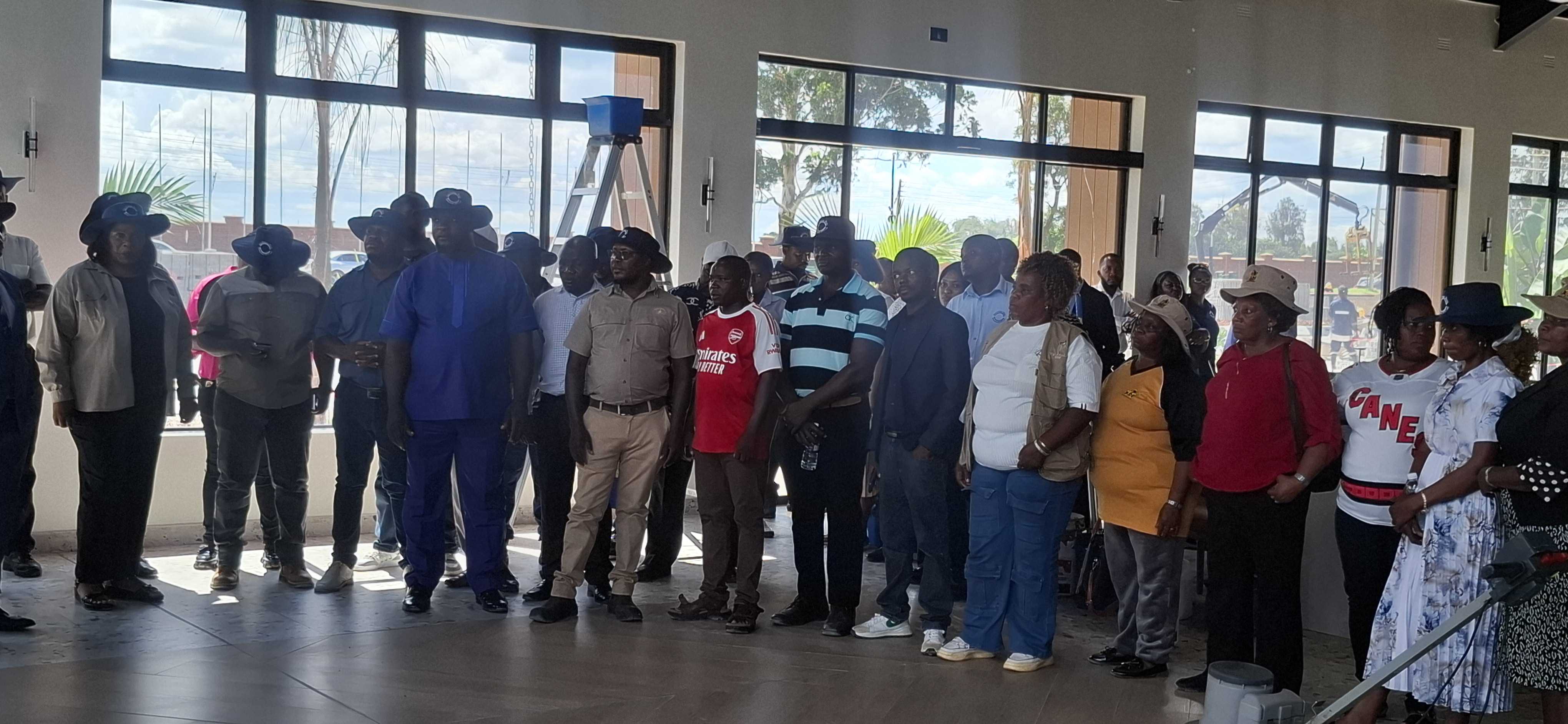
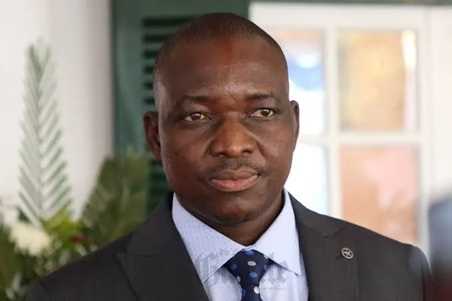




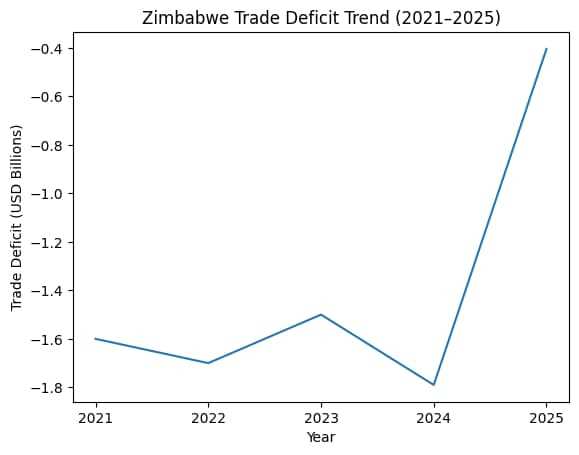
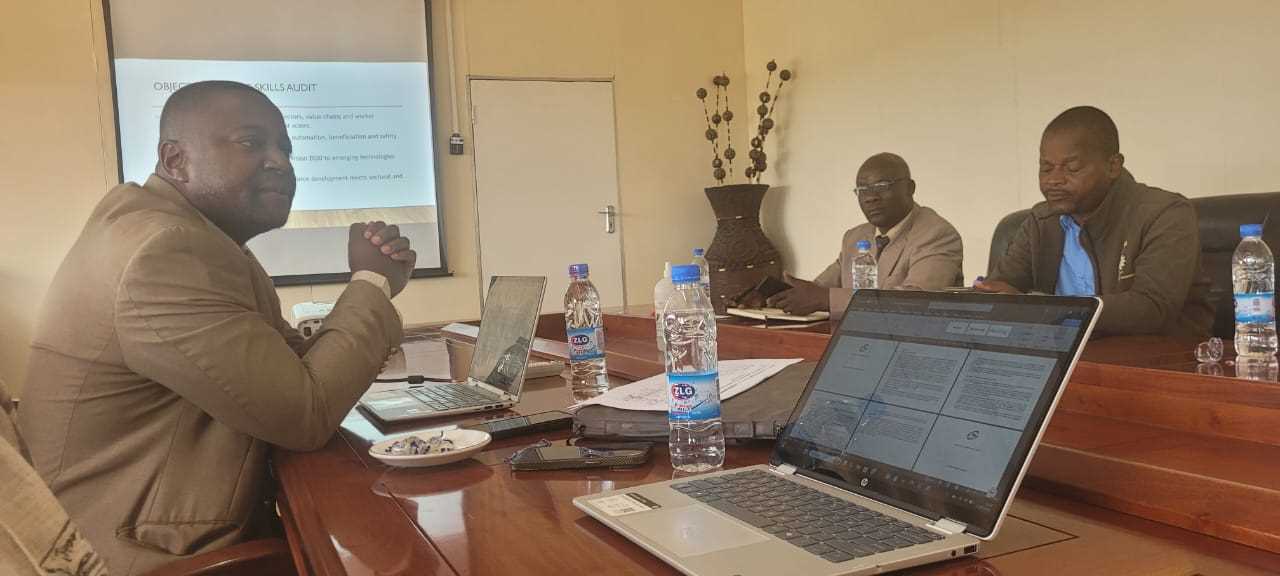


Leave Comments